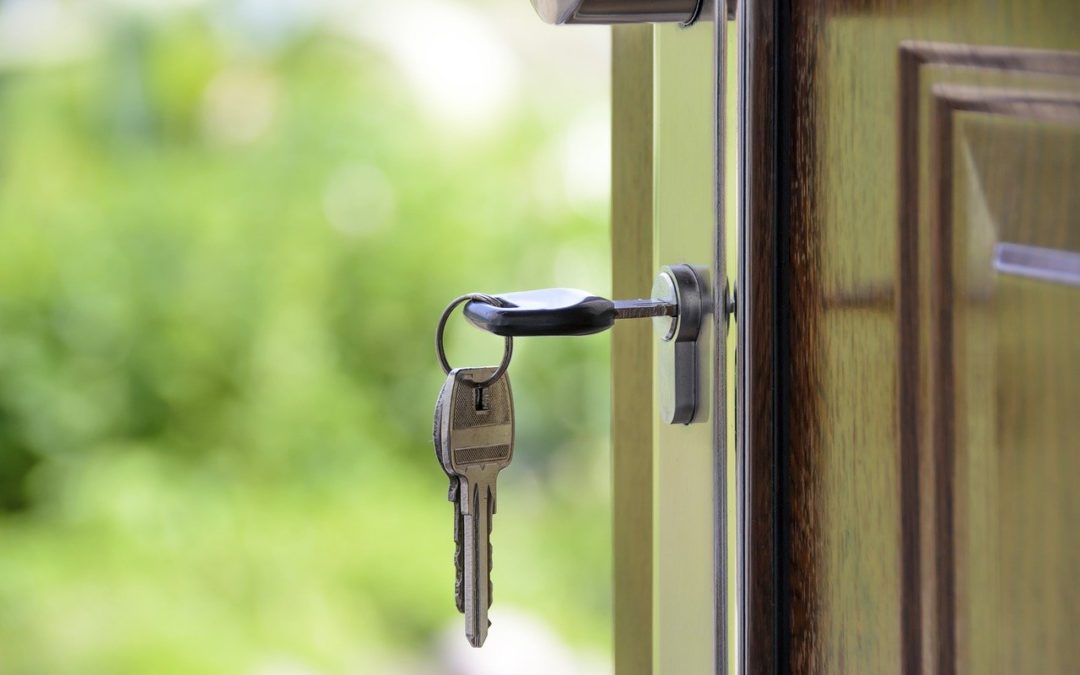Submitted on Friday, July 5, 2019

If you have a house that is worth less than what you owe to the mortgage company, you could certainly surrender the property as part of a bankruptcy proceeding whether it is a Chapter 7 or a Chapter 13. If you did this, you would be absolved of any personal liability on the note (the amount of money owed to the lender), but the mortgage (the mortgage company’s lien on the property) would still be intact. In many instances like this, a discussion about whether you want to stay in the property or not is very appropriate. Even though you owe more than what the property is worth, you may want to stay there for a variety of reasons (you have been there for 25 years, your children are in the local school district and you want them to finish school in that district, you put a lot into the house and just do not want to let it go, etc.). In instances like this, we find filing a Chapter 13 is generally the best course, and our Chapter 13 plan would indicate that we would pay the mortgage arrears back through the Trustee or, more probably (because of the large amount of the arrears), would pay them back by getting a loan modification from the mortgage company with either method of resolving your mortgage arrears. You would also be obligated to continue making the normal monthly mortgage payment after the bankruptcy was filed.
Fifteen years ago, if you asked a mortgage company for a loan modification, they probably would have laughed at you. In today’s economic environment, with the loss in property values and huge amount of mortgage arrears that exist in many situations, examining the possibility of a loan modification makes a great deal of sense. If you file a bankruptcy proceeding, I can almost guarantee you will receive a letter from the mortgage company asking if you want help from them (and a loan modification would be one of the things they would be suggesting). The mortgage company, after all, does not want to become the owner of millions of properties; they just want to get paid.
Generally, when lenders do a loan modification, they are looking to keep the payments the same or lower than what they are right now by reducing the interest rate and/or extending the term of the loan. In rare instances, a mortgage company might also reduce the principal balance owed on the mortgage.
If the mortgage company does do a loan modification, they are going to roll everything that is owed into a revised mortgage (mortgage payments arrears, tax and insurance arrears, etc.).
If you decide that you want to let the house go and walk away from it, that can be done in a Chapter 13 by offering to surrender the property. We wouldn’t be doing a Chapter 13 for that reason alone, there probably should be other reasons for doing a Chapter 13 (e.g., you have something else you have to pay, like non-dischargeable tax liabilities or a car loan, etc.). Most of the time, if you just want to let the house go and walk away from it, filing a Chapter 7 would make the most sense. When you do a Chapter 7 and complete it and get a discharge of your debts, that discharge eliminates your liability on the mortgage note that you signed with the mortgage company. The mortgage note is the IOU. Saying that you owe the mortgage company a certain amount of money. The mortgage (the mortgage company’s lien on the property, the thing that makes the property their collateral for you repaying the note) would still exist. So, if you did a Chapter 7 and stopped paying the mortgage, the mortgage company could continue with a foreclosure after the Chapter 7 was concluded or if they receive permission from your Bankruptcy Judge. At the end of the foreclosure process, the mortgage company could obtain the property at a sheriff’s sale and sell it to a third party. However, they could never turn around and sue you for any type of deficiency because that deficiency would have been eliminated by your bankruptcy discharge. So, the Chapter 13 or Chapter 7 would result in eliminating your monetary liability to the mortgage company.
Even if you did a Chapter 7 or Chapter 13 and wanted to walk away from the property, until the deed is in the mortgage company’s name or some third party’s name, it is still in your name and you would remain responsible to the municipality for municipal ordinances that might exist (not letting your grass get above a certain height or repairing dangerous conditions to the property, etc.). Also, you should maintain liability insurance on the property until the deed is transferred to someone else. In the event someone injures themselves on the property, the liability insurance would protect you from any potential suit in that regard.
